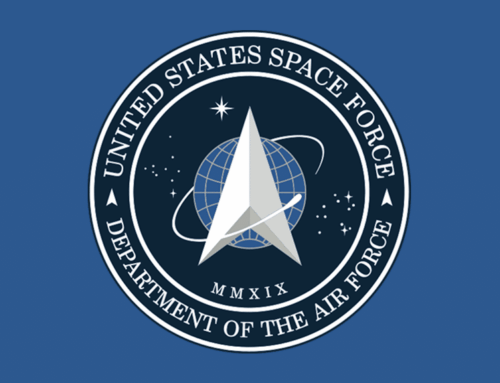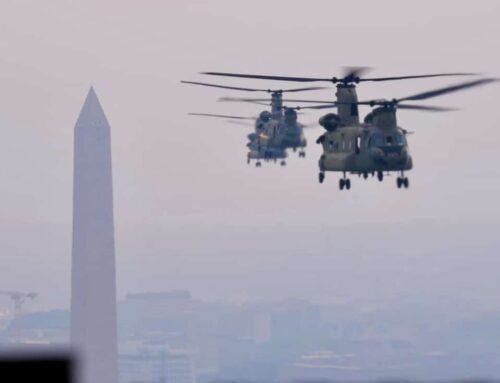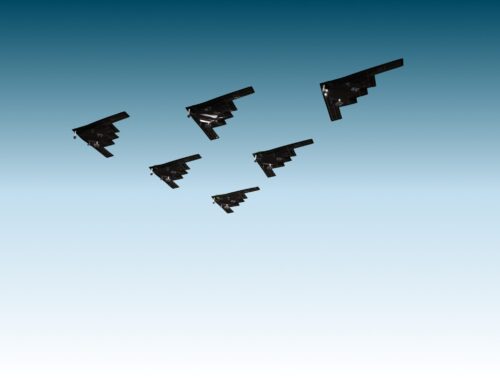Most experts agree that U.S. military readiness is in crisis. Reports of a lack of spare parts and ammunition have inundated the media, accompanied by shocking stories of soldiers on food stamps. Washington's most recent response has been to spend millions of dollars in “emergency” funds to maintain planes that taxi generals around the globe.
|
MORE INFORMATION
|
|
GAO: Operational Support Airlift Requirements Are Not Sufficiently Justified |
Despite a valiant effort by Rep. Peter DeFazio (D-OR) to strip money from the emergency spending bill, the House approved $24.5 million for maintenance of four planes used to shuffle generals and other top brass around the world.
Maintenance funding for the program has been stripped from the Senate version of the bill, but the proposal may yet resurface in conference committee.
The money was originally intended to pay for maintenance of eight new planes, but the Air Force cut in half the number of planes to be serviced with the funds. The money will provide maintenance for only three months and more than half of the “emergency” funds in the House bill will go to a jet that will not be delivered until next year.
Defense watchdogs argue that this program is wasteful and that the funds would be better spent on necessary flight training, vehicle spare parts and base repairs. The shortfall in those areas is $100 million in some cases.
Congress purchased 737s in addition to smaller, less costly Gulfstreams, despite the fact that the DOD said in 1999 that the smaller jets would easily do the job alone at half the price of the larger aircraft.
Critics also charge that the fleet's size, which is based on the assumption of three flights daily to overseas airfields during a two-region conflict, is excessive. A 1995 report determined that 55 fewer planes would be needed if there were two flights daily instead of three. While the commanders in chief (CINCs) state that two flights daily would be insufficient, the DOD has yet to explain why such frequent flights are necessary.
A DOD directive says that the requirements for the planes, including the number of planes needed, should be reviewed each year, but the agency has conducted only two such reviews since 1995.
Military leaders need to be able to reach conflict areas quickly, but it is wasteful to pay for planes that may not be able to complete the job that is expected of them. It is even more outrageous to spend taxpayer dollars to maintain a fleet that has not even been delivered when the money could be better spent elsewhere. The time has come for Congress to cut the jets for generals program and spend the money on more urgent needs.










